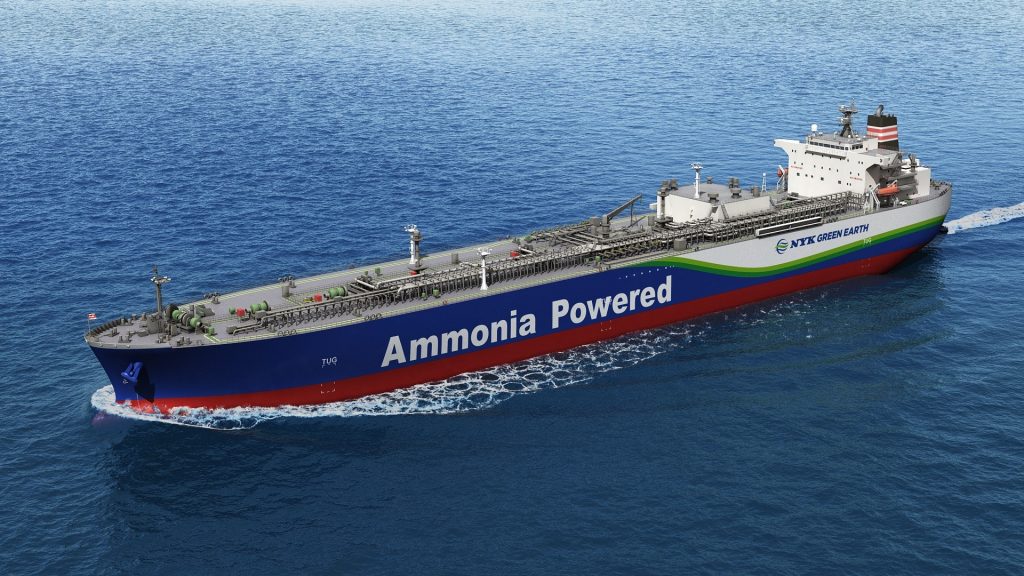A new study suggests that greenhouse gas (GHG) reductions of up to 61% are now achievable from using ammonia as a marine fuel, depending on the marine technology employed. This figure is compared with the emissions of current oil-based marine fuels measured from well-to-wake (WtW). The study was carried out by Sphera, a provider of environmental, social and governance (ESG) performance and risk management software, data and consulting services, for the Society for Gas as a Marine Fuel (SGMF), conducted according to International Organization for Standardization (ISO) standards. It was also reviewed by a panel of independent academic experts from institutions in France, Germany, and the US.
The 134-page report uses the latest primary data to assess all major types of marine engines and global sources of supply with quality data provided by original equipment manufacturers including Wärtsilä, Winterthur Gas & Diesel & MAN Energy Solutions, but also Yara Clean Ammonia, and BASF on the supply side. GHG emissions from the supply chains as well as emissions released during the onboard combustion process have been included in the analysis.
Commenting on the research, SGMF chairman Tom Strang said: “This is an important piece of work by SGMF that will help inform the maritime sector on the use of ammonia as a marine fuel and reinforces the importance of working together across all the different decarbonisation pathways.”
A raft of ammonia-powered ship designs were unveiled at last week’s Posidonia exhibition in Athens, while latest data from shipbuilding sources shows there have been seven times as many ammonia-powered vessels ordered so far this year compared to the whole of 2023.
Tags: Ammonisa, Shipping, Sphera, Study

Recent Posts
IIT Kanpur, NSI Kanpur agree to establish CoE for biofuels
Essar to invest Rs 30,000 cr in green hydrogen plant
Japan emissions-monitoring startup Asuene backed by SMBC, Murata
Helsinki’s CO2 emissions decreased at a record pace
US oil refining capacity falls for third time
Methanol Institute welcomes STX Group as a new member
MECON seeks bids for use of green hydrogen for steel manufacturing
Daimler Truck, Kawasaki to study liquid H2 supply chains